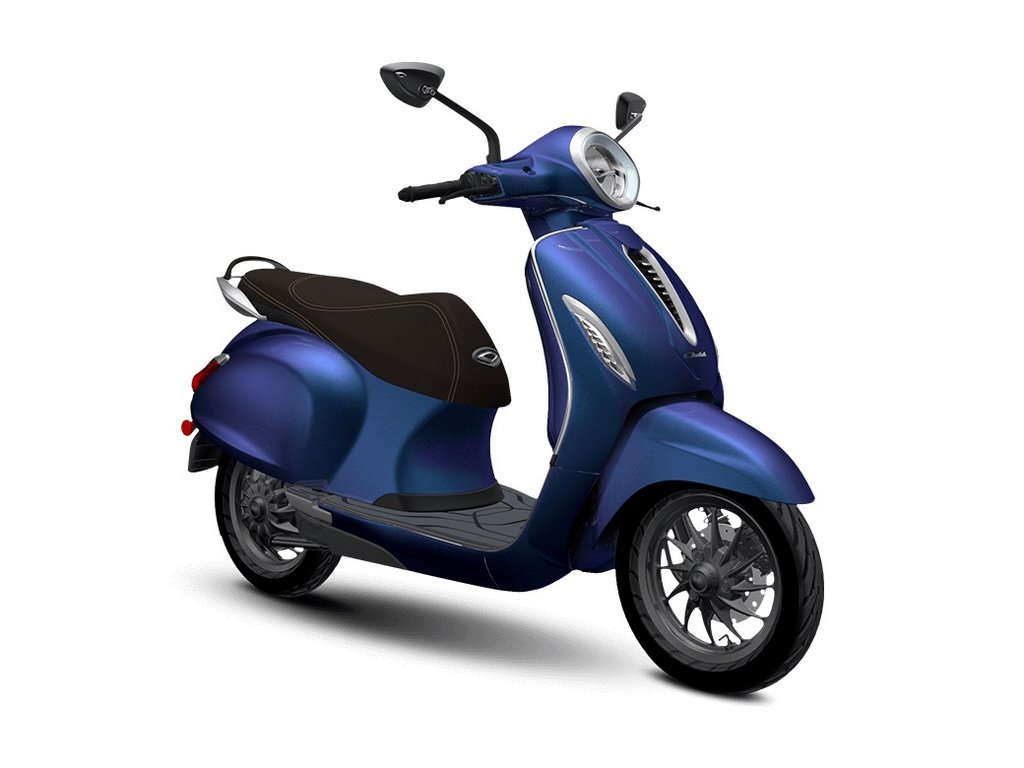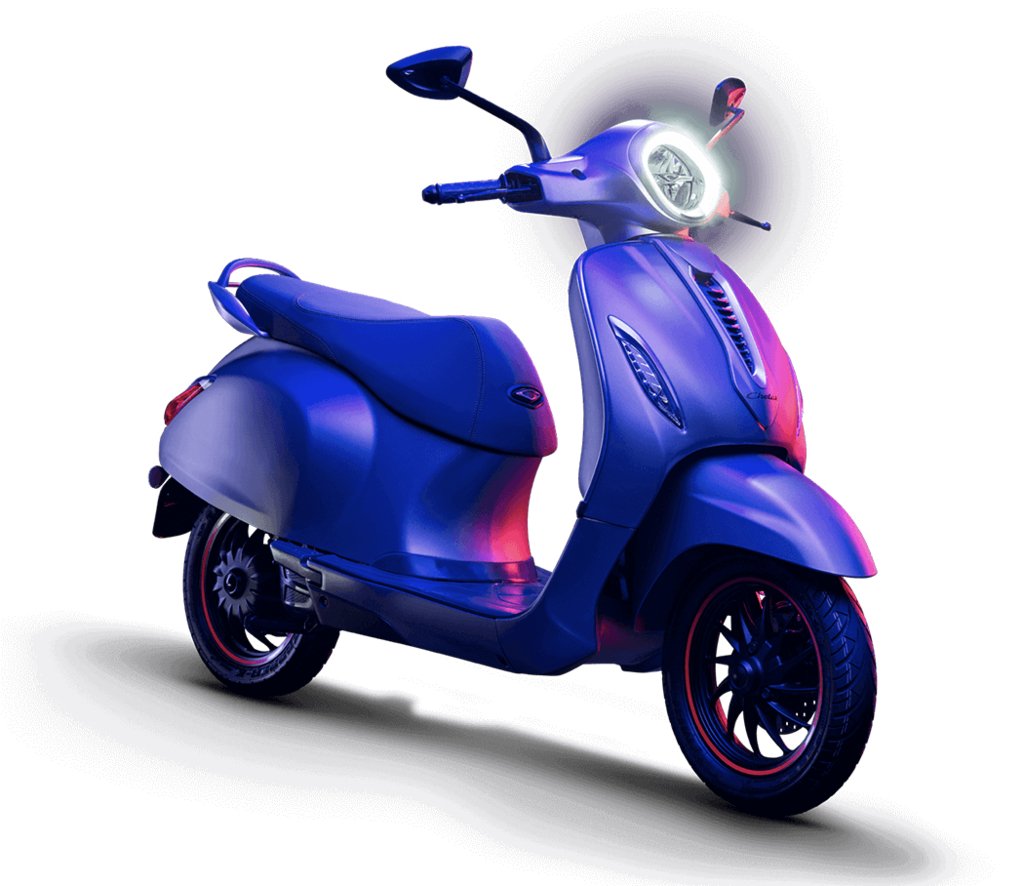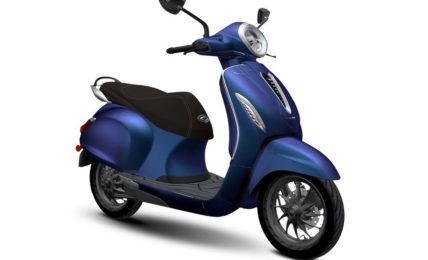
Bajaj Chetak variants to get rejigged with new battery cells and extended range
Bajaj Auto is poised to enhance its popular Chetak electric scooter lineup with new, more efficient battery cells, marking a significant upgrade for the brand’s flagship EV. The move follows the success of the limited-edition Chetak 3201, which featured these advanced cells and delivered an improved range, potentially reshaping the market dynamics in the rapidly growing electric scooter segment.
The Chetak 3201 Special Edition, which was limited to just 500 units, debuted with the same 3.2 kWh battery capacity found in the existing Chetak Premium model. However, it boasted a claimed range of 136 km, compared to the Premium’s 126 km. This increase in range, despite maintaining the same battery capacity, was made possible by new, more energy-dense battery cells sourced from a different supplier. The efficiency gains from these cells have allowed Bajaj Auto to offer more range without altering the physical battery size or capacity.
This upgrade is now set to roll out across the broader Chetak lineup, a move that could bolster the scooter’s appeal even further. Bajaj has seen the Chetak transform from a slower-selling model into the third best-selling electric scooter in India within the past year, driven by both an expanded national reach and the introduction of more affordable variants.
Along with the introduction of new battery cells, Bajaj is also revising its nomenclature for the Chetak lineup. The upcoming variants will adopt a numerical naming system that reflects their battery configuration. For instance, the base model is expected to be named the Chetak 2901, where “29” denotes the 2.9 kWh battery pack, and “01” signifies its position in the lineup. Similarly, the higher-end variants, which are expected to replace the current Premium and Urbane models, might be named 3201 and 3202, respectively, aligning with their 3.2 kWh battery packs.
This shift in naming conventions and the introduction of new cells might also lead to price adjustments across the lineup. Notably, the Chetak 3201 Special Edition was priced at Rs. 1.40 lakhs, which is slightly lower than the current Premium model’s price of Rs. 1.47 lakhs. Should the new variants adopt these cells and potentially reflect lower costs, it could further strengthen Chetak’s position in the market, making it an even more competitive option against rivals like the TVS iQube.
Bajaj’s strategic updates to the Chetak lineup could have significant implications for the electric scooter market in India. The increased range and potential price revisions could make the Chetak an even more attractive proposition for buyers, possibly helping it climb to the second spot in the market, currently held by the TVS iQube.





